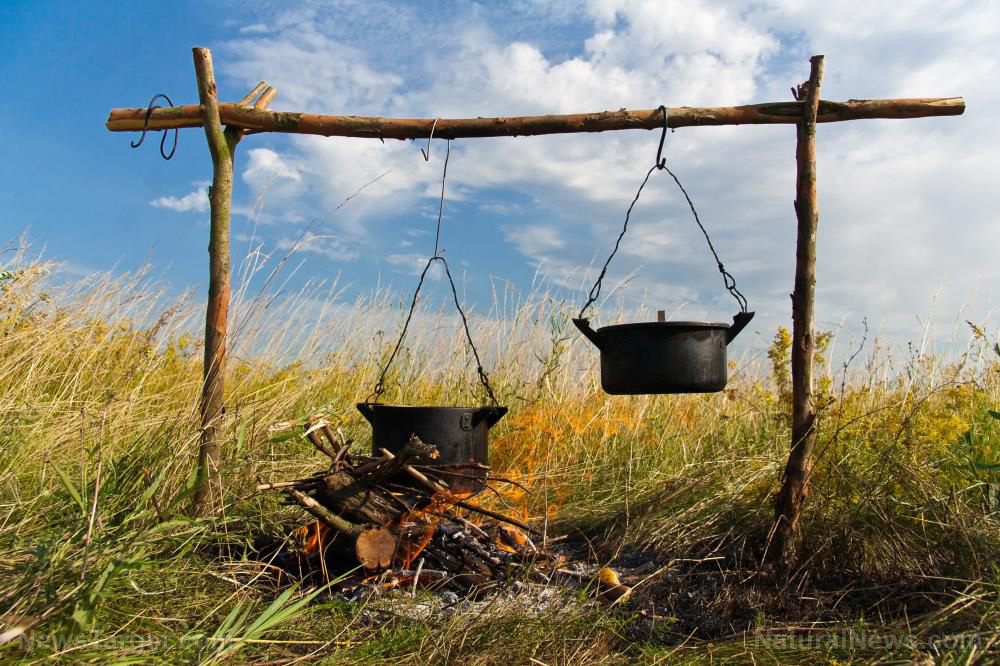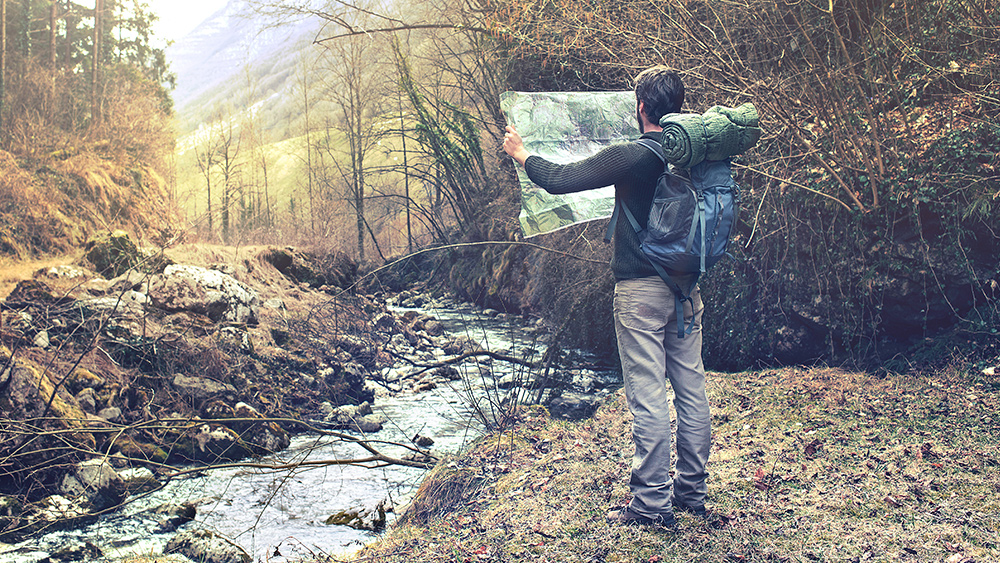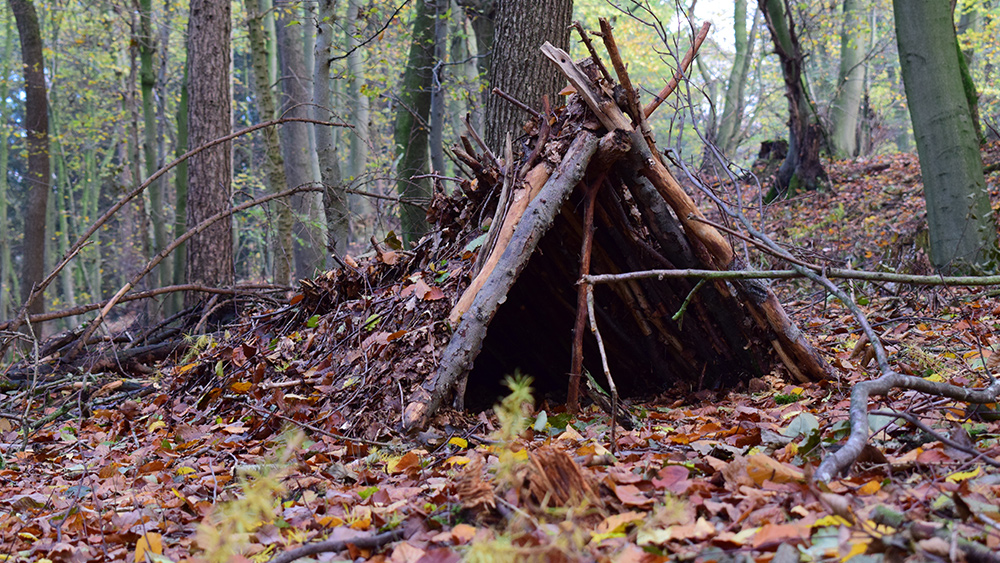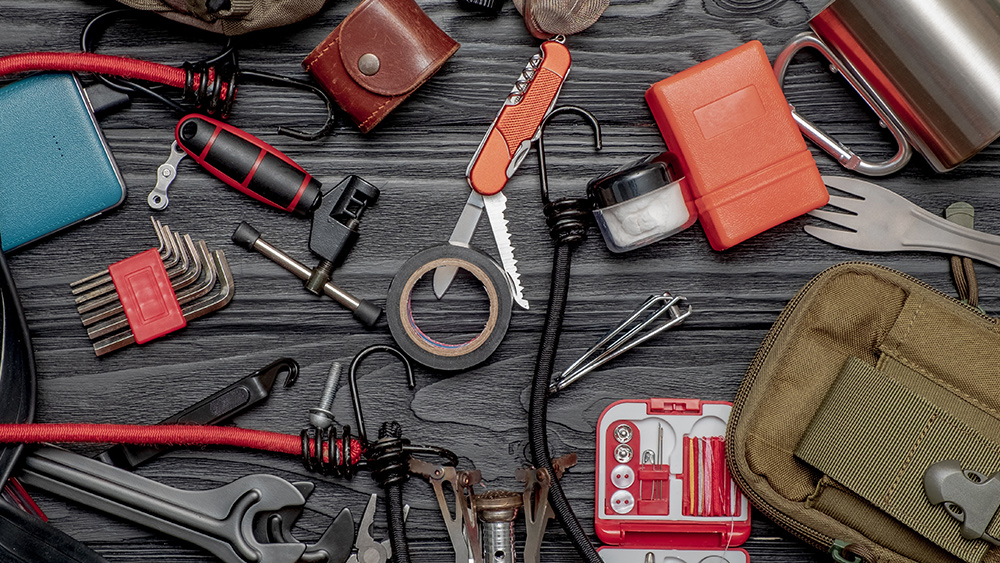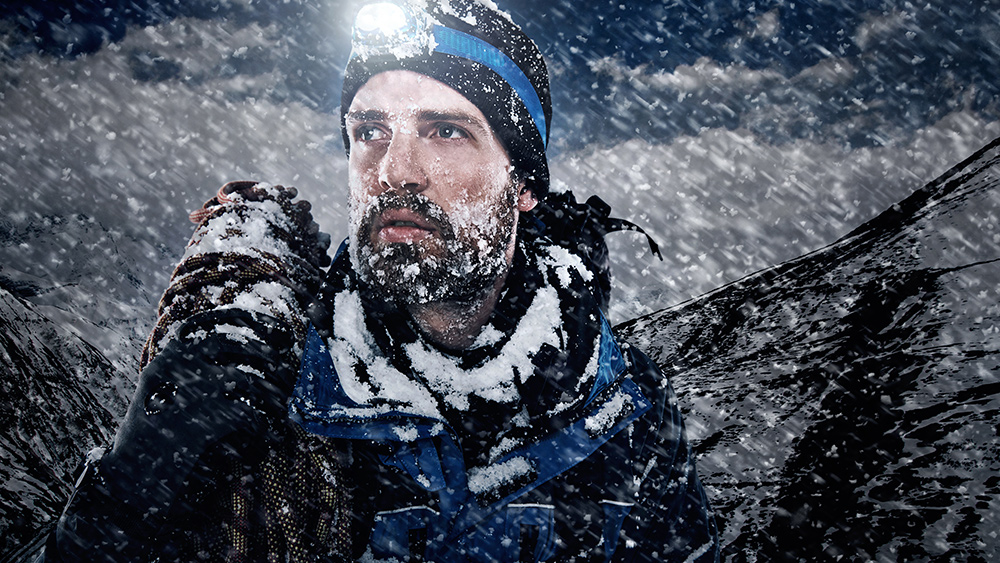
Navigation is an important prepper skill but when it's winter and you get lost in the woods, it can be hard to get your bearings.
Aside from navigation, you also have to worry about the weather conditions, especially if the snow starts to fall and you need to camp out until the weather improves.
If you get lost in the wilderness during winter, stay calm and use your skills to survive. (h/t to ReadyNutrition.com)
Hone your survival skills before you go outdoors in winter
If you have to go out during winter, it's best to travel with a friend or a fellow prepper even if you are familiar with the area. Two heads are also better than one when it comes to remembering landmarks and navigation.
Before SHTF, learn how to make a snow cave. Snow is an insulator and it can help you stay warm if you don't have a tent.
If you get lost in snowy terrain, stay put. Make a snow cave or build a shelter so you can stay safe until you can be located if you think you may be lost overnight.
If you have a buddy with you, it's easier to set up a tent or build a makeshift shelter. If you are with a loved one or a friend, there will be more body heat in your tent and you can stay warm if the temperatures plummet.
Don't eat snow because you will lose a lot of core heat by melting snow inside your body. If you run out of drinking water, melt it outside your body before drinking, or get a metal cup and heat some clean snow over a campfire. (Related: Heat, shelter and survival: 22 Winter safety tips for preppers.)
It's also crucial to learn how to navigate in the snow before you head out.
When the snow falls, the whole landscape will look similar. Learn how to use a "pace count" or how to estimate the distance "by sight and correlate both your estimated distance using your steps or paces."
Bring a walking stick that's almost as long as your height so you can test the ground for "soft" spots. The stick will also help you stay steady as you travel across the snow and ice.
You can also use a walking stick to count your paces to determine how far you've gone.
Wear the right gear
Your clothing and gear can spell the difference between life and death if you are going outdoors in cold weather. Dress in weather-appropriate clothing, especially if you need to be out longer than you intended.
Get a quality pair of goggles that do not fog up and appropriate shielding for your face. Dress in "all-weather" gear to combat the weather.
A GPS compass can help you navigate, but you also need to learn the basics and learn how to use a map and compass since your battery might run out.
Stay calm if you get lost
Getting lost is disorienting but don't panic because this will make your stress level get out of control.
Stress can produce a lot of cortisol, the "stress hormone." As cortisol is released into the body, it increases sugars (glucose) in the bloodstream, enhances the brain's use of glucose and increases the availability of substances that repair tissues.
Cortisol also curbs functions that would be nonessential or harmful in a fight-or-flight situation, like getting lost in winter. This could result in a shutdown of systems that you may need more for survival, so try to stay calm.
If you feel your panic rising, stay where you are and remember your training. Do you think you'll have trouble navigating once the sun goes down?
Stay put, try to set up a shelter and monitor your remaining supplies. Be calm and try to figure out where to go so you can get back on the route you were traveling.
Before you head out in bad weather, familiarize yourself with the terrain. This can help ensure that you don't get lost in the first place.
Watch the video below to know more about an important winter survival item every prepper should have.
This video is from the SurvivalTV channel on Brighteon.com.
More related stories:
Winter survival: Ways to stay warm when the power goes out.
A basic list of winter survival items you should carry in your car.
Prepping before SHTF: 16 Items for your survival first aid kit.
Sources include:
Please contact us for more information.
















